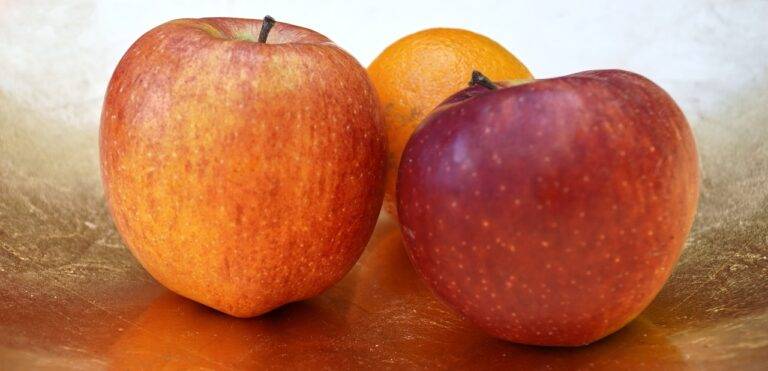Food and Tradition: Preserving Culinary Heritage Through Generations
When cherished family recipes are passed down through generations, they carry with them more than just ingredients and cooking methods. These culinary traditions link individuals to their past, serving as a tangible connection to their heritage and ancestors. The act of preparing and sharing these recipes not only nourishes the body but also nourishes the soul, fostering a sense of belonging and continuity within the family unit.
Family recipes also hold the power to evoke memories of shared meals, special occasions, and loved ones who have since passed. The aromas, flavors, and textures of these dishes can transport individuals back in time, allowing them to relive moments of joy, laughter, and togetherness. By preserving and passing down these recipes, families can ensure that their cultural and familial history remains alive and vibrant for future generations to enjoy and cherish.
Exploring the Historical Significance of Traditional Dishes
The historical significance of traditional dishes extends far beyond mere sustenance. These beloved recipes have woven themselves into the fabric of our cultural heritage, passing down stories from generation to generation. Whether it’s the savory spices of a family curry or the flaky layers of a cherished pie, each dish carries with it a narrative of tradition and identity.
As we gather around the dinner table to share these time-honored meals, we are not just nourishing our bodies but also fostering a sense of connection to our ancestors. The recipes lovingly handed down to us serve as a tangible link to our past, offering a taste of history with every bite. Through the preparation and enjoyment of these traditional dishes, we pay homage to those who came before us, keeping their legacy alive in the most delicious way possible.
The Role of Food in Cultural Identity
Food plays a significant role in shaping cultural identity, serving as a means of passing down traditions and preserving heritage. Through the preparation and sharing of traditional dishes, communities maintain a connection to their roots and celebrate their unique identities. These culinary practices are often deeply intertwined with historical events, beliefs, and customs, providing a tangible link to the past and a way to honor ancestors.
The flavors, ingredients, and methods used in cooking reflect the rich tapestry of a culture’s history and values. Each dish tells a story, carrying with it the essence of a particular region or group of people. By partaking in these culinary experiences, individuals not only nourish their bodies but also nourish a sense of belonging and pride in their cultural heritage. Food becomes more than just sustenance—it becomes a source of unity and a symbol of shared identity.
• Food plays a significant role in shaping cultural identity
• It serves as a means of passing down traditions and preserving heritage
• Through the preparation and sharing of traditional dishes, communities maintain a connection to their roots
• Culinary practices are deeply intertwined with historical events, beliefs, and customs
• The flavors, ingredients, and methods used in cooking reflect the rich tapestry of a culture’s history and values
• Each dish tells a story, carrying with it the essence of a particular region or group of people
• By partaking in these culinary experiences, individuals nourish their sense of belonging and pride in their cultural heritage.
Why is passing down family recipes important in preserving cultural identity?
Passing down family recipes helps keep traditional dishes alive and allows future generations to connect with their cultural heritage through food.
How can exploring the historical significance of traditional dishes enhance cultural identity?
Exploring the historical significance of traditional dishes can provide insight into the customs, traditions, and values of a particular culture, strengthening the connection between food and cultural identity.
What role does food play in shaping cultural identity?
Food serves as a powerful symbol of cultural identity, reflecting a community’s history, values, and traditions. Sharing meals and traditional dishes helps strengthen bonds within the community and preserve cultural heritage.







